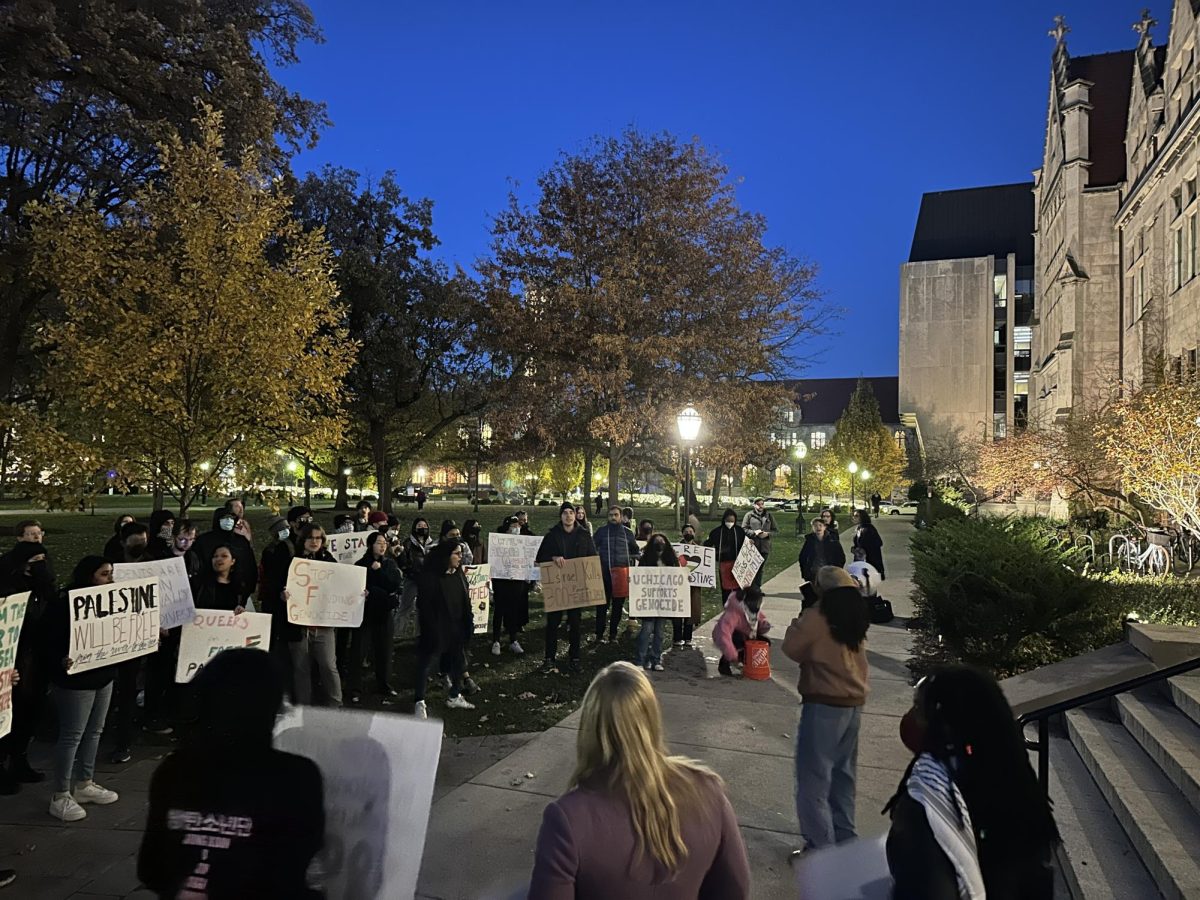In recent years, the concept of neurodiversity has been making a bit of a fuss within social justice circles. The movement advocates for an increased awareness of neurological conditions (autism, dyslexia, etc) not as an illness but as a normal variance in our extant human allele-set that can contribute to group fitness. Overall, it calls for such variations to be accepted and accommodated, not pathologized, as movements like Autism Speaks commonly does. Although Autism Speaks claims to be an advocacy organization for autism, it routinely alienates actual autists by treating autism as an illness that needs to be cured or eliminated.
The Autism Speaks campaign additionally is problematic in the sense that it is devoted to ameliorating the distress of caregivers of autists. And, as any student of Kant can tell you, it is dangerous to treat people as means to ends, as opposed to ends in themselves. Addressing the suffering of people who find that they have birthed or adopted a dependent who is an autist ought be a secondary concern to the treatment of those people as ends.
I say this all as a utilitarian, but more importantly, I say this as an autist diagnosed in 2014. I have been a useful and productive member of the University community since my matriculation into the College back in 1993. And I hope I may continue to be so.
So what does adopting a “neurological diversity” policy mean for the University? It means understanding architecturally distinct varieties of the human connectome not as diseases, but as differences. It means not pathologizing us. It means allowing us to identify without forcing our coworkers and colleagues to see it as an appeal for pity. Difference is, after all, the engine of evolution, and it is not difficult to understand that extreme homogeneity is not a virtue among any population. To approach it aphoristically: it takes all kinds. To approach it genetically: it helps to have more than simply the most successful alleles present in the population, since the conditions of success are always changing.
And yes: I have suffered from the implication that I was attempting to curry pity from my former supervisor at the University’s Digital Management Services. When I tried to share my identification as an autist with her, she responded that she would need to forget that information so as to avoid allowing feeling sorry for me. Both employee and employer suffer for the lack of policies guided by the neurodiversity movement. It is my belief that most supervisors in the University ecosystem can and should do better. But my supervisor, I believe, felt forced into an inflexible box. It was my intent to offer her sincere and useful guidance on how to bridge the autist-allist gulf, but that proved to be impossible as she saw me as somebody with an illness. She wanted medical proof of something that only someone living inside my own head could offer. And she only saw my attempts to explain as something that would to expose her to unjustified risks.
In response to my subsequent and unfair dismissal/forced long-term disability claim, I sought a face-to-face meeting with a University Leave Administration official so I could discuss a critical comorbidity: my generalized anxiety disorder. I asked how I could and if I could receive information principally via email as it is the least triggering mode of contact for for me. I was unable to arrange such a meeting. Even if an affirmative answer was not possible, a meeting would have allowed me to know that and plans could have been drawn accordingly.
I am an autist. I enjoy being an autist. We autists are the classic verbal tip of the spear in this war for neurological diversity, but we are not the only stakeholders. There are other ways of being architecturally atypical from the norm: some allistic people have other architectural distinctions including dyslexia, dyscalculia, and bipolar. Many of you within the University may have one or more of these “conditions.” Welcome to the family; welcome to this civil rights war.
Recently, my emotional health has been called into question by the administration. I ask that before this is used as an excuse to avoid hearing me, that the administration instead chooses to meet me face-to-face to establish and clarify the rights of minority populations within the community. I additionally demand to meet with the University to not allow the debts incurred by me in this prolonged underemployed state to bring me, or my cat, Kosh, to harm or homelessness.
Jason Robertson is a College alumnus (A.B. ’97).









